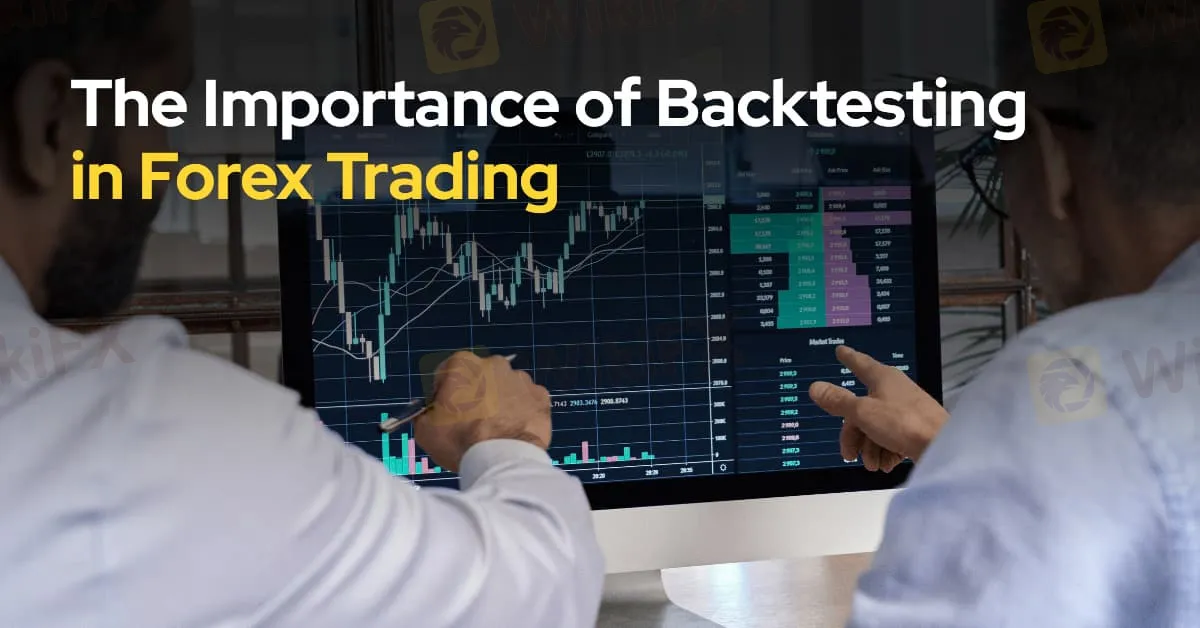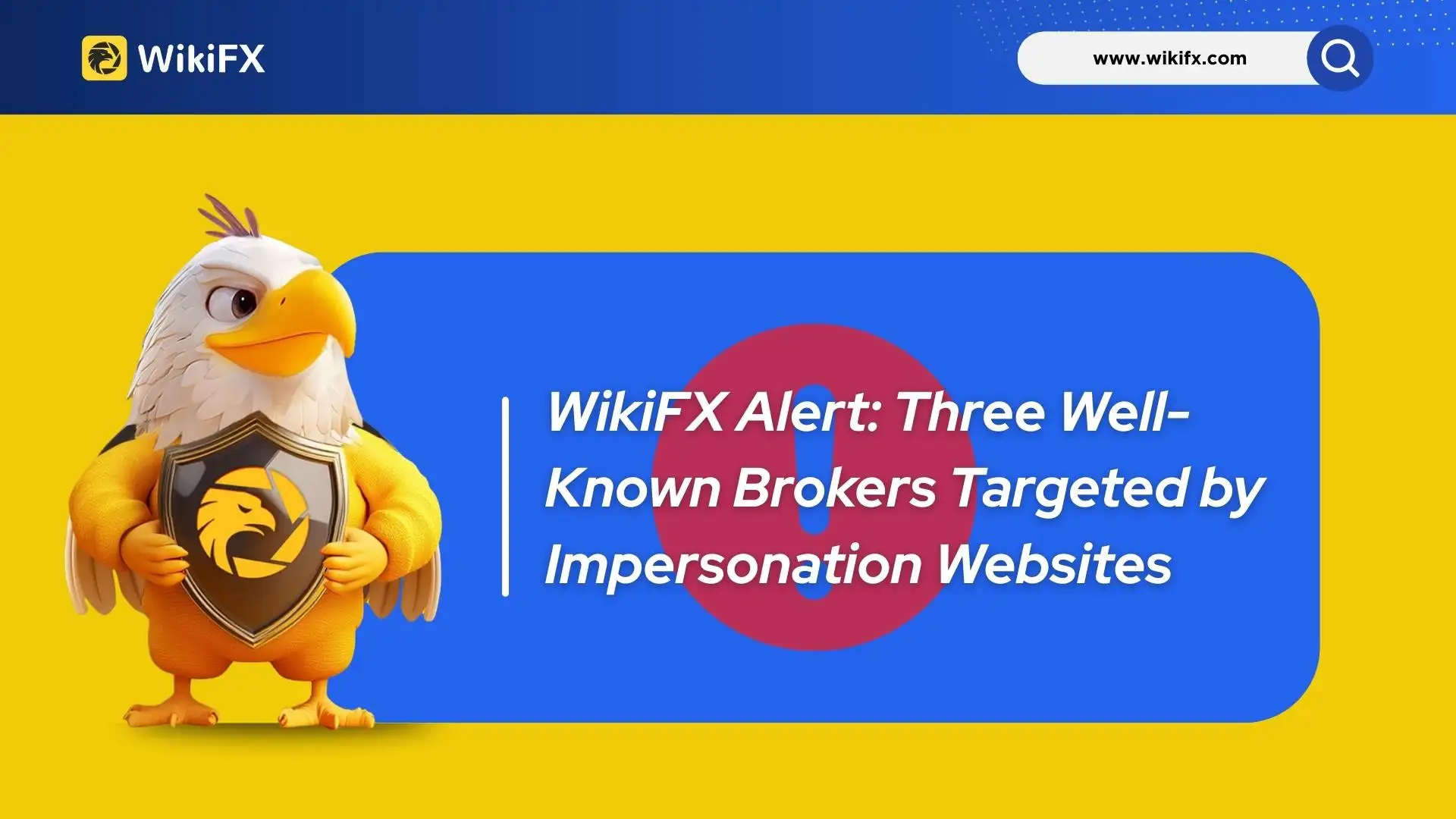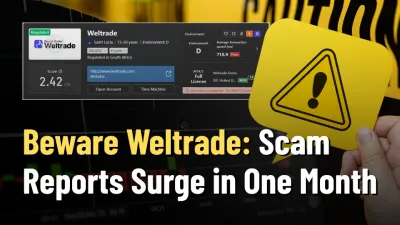Abstract:One of the most effective ways to validate trading strategies is through backtesting. This process involves testing a trading strategy using historical data to assess its effectiveness before applying it in live markets. Understanding the importance of backtesting can significantly enhance a trader's chances of success.

Introduction
In the dynamic world of Forex trading, making informed decisions is crucial for success. One of the most effective ways to validate trading strategies is through backtesting. This process involves testing a trading strategy using historical data to assess its effectiveness before applying it in live markets. Understanding the importance of backtesting can significantly enhance a trader's chances of success.
What is Backtesting?
Backtesting is the process of applying a trading strategy to historical market data to see how it would have performed. By simulating trades based on past price movements, traders can evaluate the viability of their strategies without risking real capital. This analysis typically includes examining entry and exit points, risk management techniques, and overall profitability.
Why Backtesting Matters
- Strategy Validation: Backtesting helps traders determine whether their strategies are sound and effective. By analyzing how a strategy would have performed historically, traders can gain confidence in their approach.
- Risk Assessment: Through backtesting, traders can identify potential risks associated with their strategies. This includes understanding drawdowns, volatility, and how a strategy reacts in different market conditions.
- Optimization: Traders can use backtesting to refine and optimize their strategies. By tweaking parameters and analyzing performance, traders can improve their strategies for better results.
- Emotional Detachment: Backtesting allows traders to analyze performance without the emotional pressures of live trading. This detachment helps in making objective decisions based on data rather than emotions.
- Understanding Market Behavior: By studying historical data, traders can gain insights into market patterns and behaviors, enhancing their overall market understanding.
How to Conduct Backtesting
- Choose a Trading Strategy: Define the strategy you wish to test, including entry and exit criteria, risk management rules, and timeframes.
- Collect Historical Data: Obtain accurate historical price data for the currency pairs you plan to trade. Ensure the data covers various market conditions to provide a comprehensive analysis.
- Simulate Trades: Using backtesting software or platforms, apply your trading strategy to the historical data, recording the results of each trade.
- Analyze Results: Review key metrics, such as total return, win/loss ratio, maximum drawdown, and consistency of returns. This analysis will provide insights into the strategys effectiveness.
- Refine the Strategy: Based on the results, make necessary adjustments to your strategy. This could involve changing parameters, modifying entry/exit criteria, or improving risk management techniques.
Limitations of Backtesting
While backtesting is invaluable, it has limitations:
- Overfitting: Traders may become overly focused on historical performance, creating a strategy that works perfectly on past data but fails in live markets.
- Market Changes: Historical data may not always predict future performance. Market conditions can change, rendering past results less relevant.
- Data Quality: Inaccurate or incomplete historical data can lead to misleading results, emphasizing the importance of using reliable sources.
Conclusion
Backtesting is a critical component of successful Forex trading. By validating strategies, assessing risks, and refining approaches based on historical performance, traders can significantly enhance their decision-making process. While it is not a foolproof method, when combined with sound risk management and market analysis, backtesting can pave the way for more confident and informed trading. Embracing this practice can ultimately lead to improved trading outcomes in the ever-evolving Forex market.

Disclaimer:
The views in this article only represent the author's personal views, and do not constitute investment advice on this platform. This platform does not guarantee the accuracy, completeness and timeliness of the information in the article, and will not be liable for any loss caused by the use of or reliance on the information in the article.









